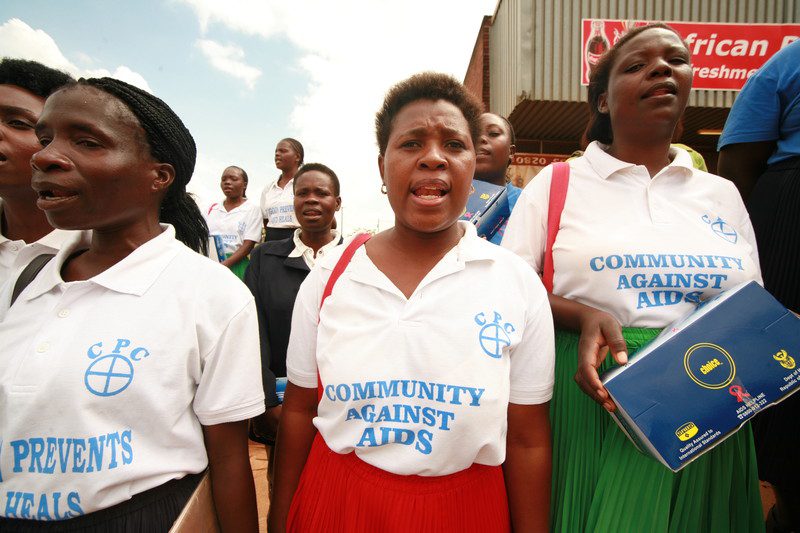Women’s health
The issue of health in developing countries is largely one of gender. Women suffer most from the effects of poverty and poor health resulting from poor nutrition, or lack of access to appropriate healthcare, goes hand in hand with poverty.
The health of families and communities is strongly tied to the health of women – the illness or death of a woman has serious consequences for the health of her children, family and community.
Women are sexually vulnerable
Women in developing countries often have little control over their sexual and reproductive health.
If a woman is able to determine the number, timing and spacing of her children, she has more time to pursue personal and community activities and the ability to secure stable employment.
But unfortunately this is not the case for most women. And what’s worse, sexual and reproductive health problems are the leading cause of preventable death and disability for women in developing countries.
Women are particularly vulnerable to violence, including physical abuse, rape and sexual assault. And as a result of poverty, women and girls can be forced into sex work, leaving them vulnerable to sexual exploitation, sexually transmitted infections (STIs) and HIV.
Women are also particularly affected by the spread of HIV and AIDS because their lower status means that they’re less able to negotiate safe sex. And they often assume the role of caregiver for those infected.
Read more about our work in improving the sexual and reproductive health in developing countries.
